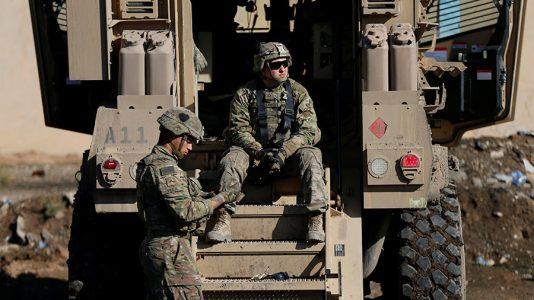
Families of British ISIS fighters launch new group to beat stigma & trauma
Families of British jihadists say they are victims who suffer social isolation and trauma. Now they are launching their own support group to help cope with losing loved ones who have fled to the Middle East to fight for Islamic State (IS, formerly ISIS).
Fighters like Thomas Evans, 25, left their families to join the ranks of IS, exposing their relatives to the scrutiny of police and intelligence services, as well as the stress of dealing with being related to a terrorist. Evans was killed in 2015.
His brother Michael, from High Wycombe, Buckinghamshire, was under the media and community spotlight after Thomas fled to Syria, having converted to Islam in 2012.
“It was really difficult because people knew Tom round here. When they asked where he was, how do you tell them? How do you say your brother’s a terrorist? It’s not something you can really say,” he told Sky News.
Michael is now setting up the support group for other families going through the same ordeal. “I didn’t choose to go through this. I was a victim of circumstance. If I can use what I’ve learned over the past five years to help just one family, then I’ll feel like I’ve done my job.”
Their mother, Sally, says she refused to talk about the death of her son, who renamed himself Abdul Hakim.
“I’m still very emotional over Thomas. I don’t know how I’ll ever… I’ll always miss him,” she told Sky News. “In life, I just sort of carry on. Well you have to don’t you, you just have to get up and carry on.”
Michael will be working alongside a small group from the counter-extremism charity Faith Matters, offering practical help, advice and support, not just to the families of jihadists but to relatives of right-wing extremists, too.
Khadijah Kamara was abused in her hometown of Brighton after her 19-year-old son Ibrahim left to fight in Syria four years ago for a group associated with Al-Qaeda.
“When I lost my son, I didn’t know where to turn to. I had a breakdown,” said Kamara.
“I just want people to know that we exist, we feel pain. We are as shocked as other people are and this was as unexpected for us as it was for everyone else. It shouldn’t be like that. It shouldn’t be like that. We do feel pain, we miss them. It shouldn’t be like that and adding more to our wounds is not fair.”
Source: RT





